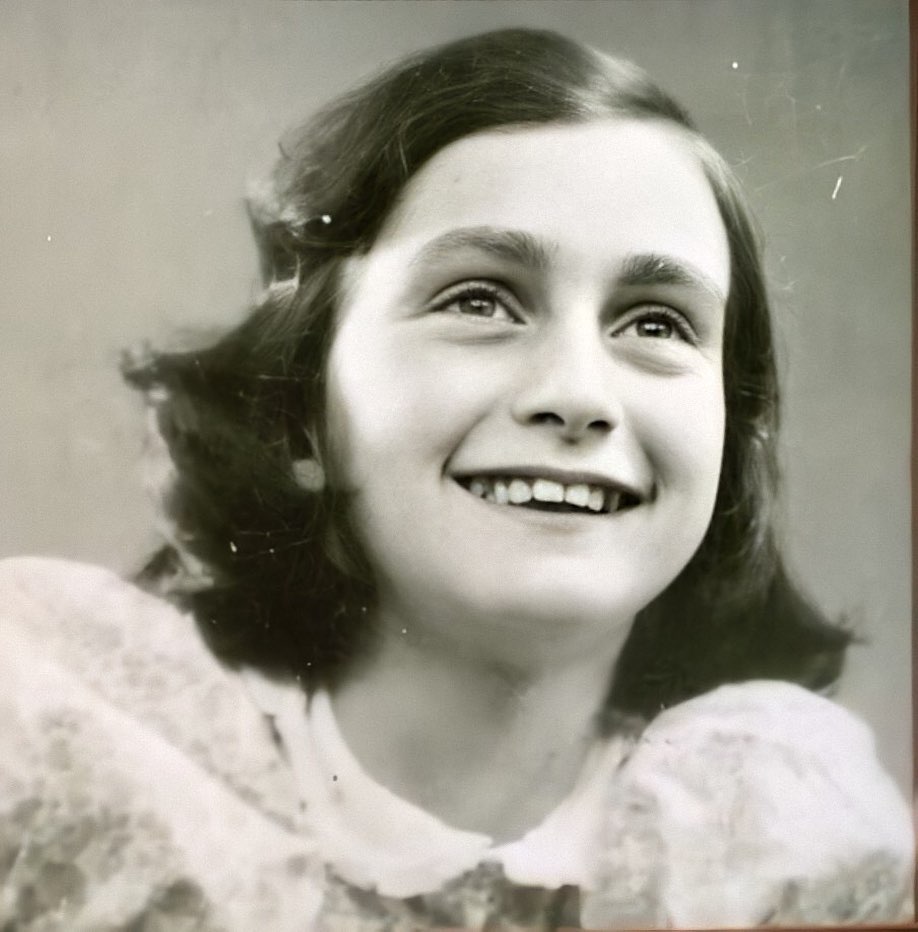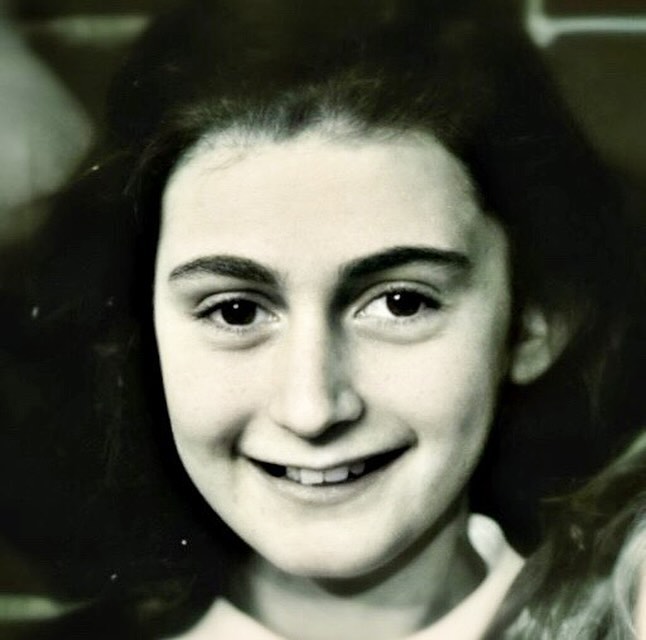The Will to Be Happy
On March 26, 1944, from the tight confines of the Secret Annex, Anne Frank wrote an entry that is one of the most remarkable statements of self-awareness and sheer willpower in her diary. She began with a self-assessment that, while humble, was clearly incorrect: “I don’t have much in the way of money or worldly possessions, I’m not beautiful, intelligent or clever.”

But she immediately pivots from this modest view to a profound declaration of intent: “but I’m happy, and I intend to stay that way!” This is not passive contentment, but an active choice, a fierce determination to claim happiness even as the world outside was consumed by war.
Her happiness, she explained, was not dependent on external circumstances but was an intrinsic part of her nature. “I was born happy, I love people, I have a trusting nature, and I’d like everyone else to be happy too,” she wrote. This reveals an immense capacity for empathy and an unwavering faith in the goodness of humanity, even as she was being persecuted by its worst elements.

This diary entry is a testament to the fact that Anne Frank was a girl who possessed an extraordinary inner life. She understood that while the Nazis could strip her of her freedom, her possessions, and ultimately her life, they could not take away her spirit or her will to be happy. Her desire for universal happiness, expressed from a place of great suffering, remains one of the most enduring messages of hope and resilience in the face of despair.